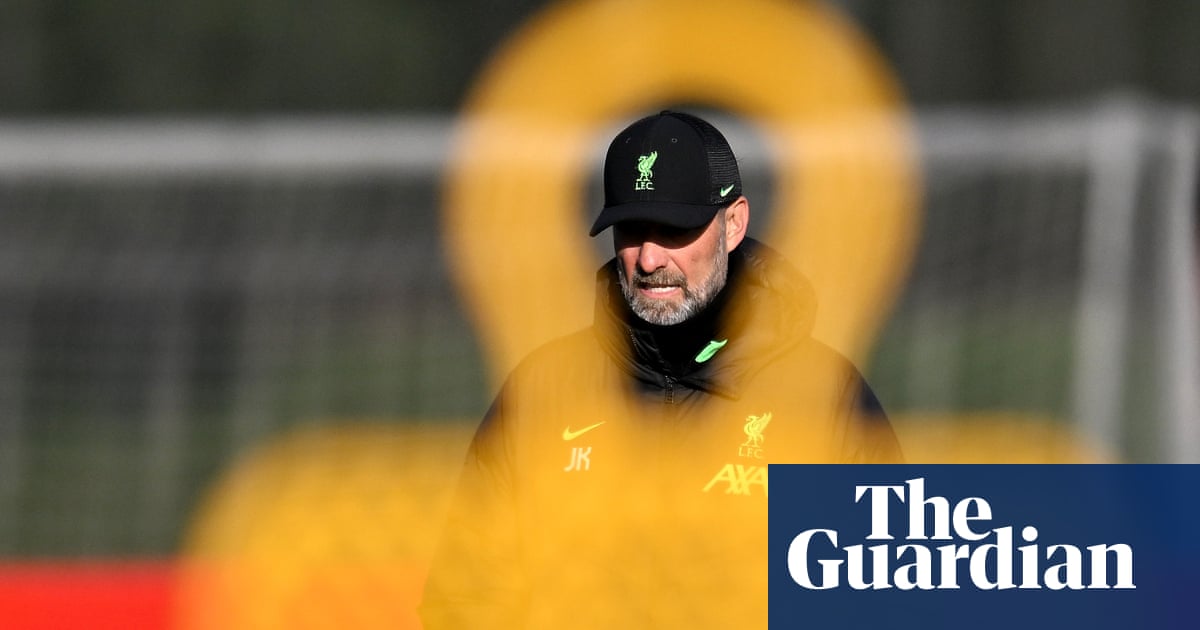
ith the end of the lockdown in sight, and new late-night opening plans announced for shops in England, it is hoped brighter days lie ahead for the British high street. So investors will be hanging on to every word uttered by Next chief executive Simon Wolfson when he presents the company’s figures on Thursday.
It may be April Fools’ Day but Lord Wolfson is considered a wise head on all matters retail and economic – a view only enhanced by his deft management of Next during a crisis that has finished off weaker businesses such as Debenhams and Topshop-owner Arcadia.
This time last year, with coronavirus newly arrived on British shores, the Next annual results announcement came at a dramatic moment, with Wolfson warning that retailers were “facing a crisis that is unprecedented in living memory”.
He feared his own company’s pre-tax profits would crash to below £100m, a fraction of the near £600m it had banked the year before. In the end his worst predictions did not come true. Guidance given just after a better-than-expected Christmas told investors to expect profits of £342m.
Sales held up better than Wolfson could perhaps have anticipated on the back of the demand from locked-down Britons for home furnishings, loungewear and children’s clothing. Unlike rival Primark, which does not sell online, Next was well-prepared for a tilt to the web after years of investment in its home shopping arm, a hangover from its days as a catalogue-based business.
It will be interesting to learn how spending has held up during this winter’s lockdown slog – and whether he, like L’Oréal, believes the pandemic will give way to another “roaring twenties”.
Wolfson appears to have put his extra lockdown thinking time to good use and made some interesting moves. Next missed out in the auction of the Topshop brand, which went to online rival Asos as part of a £330m deal, but has snapped up a 25% stake in clothing brand Reiss for £33m.
The deal will see Reiss switch to Next’s burgeoning Ocado-like tech service, Total Platform, which handles the web logistics for other brands. This is seen as a future growth channel for the company. The Reiss deal also brings Christos Angelides, a highly regarded Next veteran who has run Reiss since 2017, back into the fold.
Independent retail analyst Richard Hyman says leadership is everything in such a tough retail market. “Wolfson has something very unusual: he is a corporate man with entrepreneurial instincts. Is Next a better retailer than it was 10 years ago? No, but he has identified its competitive edges.”
Next’s resilience to Covid-19 headwinds has helped to propel the share price back towards 2015’s all-time high of £80.15. The initial pandemic panic sent the shares tumbling to a low of £36.62 but they closed last week back up at £78.90.
This year Wolfson, the FTSE 100’s longest-serving chief executive, took his first non-executive role, at Deliveroo. With fund managers shunning the food delivery company’s upcoming flotation over concerns about its treatment of workers, it will be interesting to see if he regrets the choice.
But what about the fine detail of running shops, when that is allowed again? Wolfson is one of the few enthusiasts for physical retail space at the right price – and with rents falling these days, it increasingly is. In a recent interview he suggested a tax on online sales was not the answer, but that business rates should be slashed on shops and increased on online warehouses to help right the ship.
The heavy job losses seen in the retail industry over the past year – and John Lewis announcing yet more department store closures – means big questions are being asked about the future of an industry that is the biggest private sector employer, and the economy’s way out of the monster Covid slump. Wolfson is seen as someone who could have at least some of the answers.












